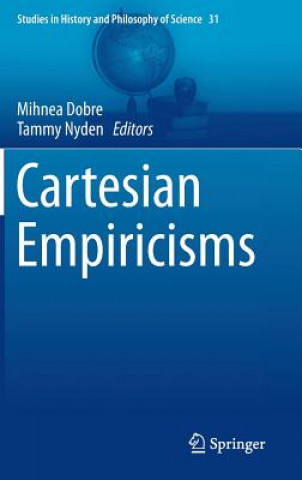
Kód: 02065413
Cartesian Empiricisms
Autor Mihnea Dobre, Tammy Nyden
For many years, the division between Continental Rationalists and British Empiricists has stood at the heart of enquiries into the Scientific Revolution of the seventeenth century. Historians of philosophy and science still use th ... celý popis
- Jazyk:
 Angličtina
Angličtina - Väzba: Pevná
- Počet strán: 326
Nakladateľ: Springer, 2013
- Viac informácií o knihe

137.46 €

Skladom u dodávateľa v malom množstve
Odosielame za 12 - 15 dní
Potrebujete viac kusov?Ak máte záujem o viac kusov, preverte, prosím, najprv dostupnosť titulu na našej zákazníckej podpore.
Pridať medzi želanie
Mohlo by sa vám tiež páčiť
-
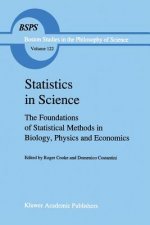
Statistics in Science
69.78 € -
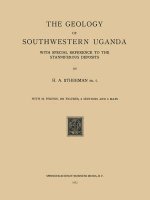
Geology of Southwestern Uganda
69.78 € -

Devil and Her Love Song, Vol. 4
10.48 € -7 % -

Host-Plant Selection by Phytophagous Insects
273.01 € -

Work and Mental Health in Social Context
137.46 € -
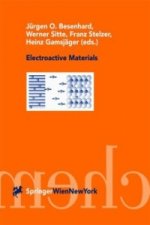
Electroactive Materials
125.05 € -

Duhové paláce
10.08 € -22 %
Darčekový poukaz: Radosť zaručená
- Darujte poukaz v ľubovoľnej hodnote, a my sa postaráme o zvyšok.
- Poukaz sa vzťahuje na všetky produkty v našej ponuke.
- Elektronický poukaz si vytlačíte z e-mailu a môžete ho ihneď darovať.
- Platnosť poukazu je 12 mesiacov od dátumu vystavenia.
Viac informácií o knihe Cartesian Empiricisms
Nákupom získate 345 bodov
 Anotácia knihy
Anotácia knihy
For many years, the division between Continental Rationalists and British Empiricists has stood at the heart of enquiries into the Scientific Revolution of the seventeenth century. Historians of philosophy and science still use this distinction to portray methodological and pedagogical differences between early modern philosophers. According to this traditional narrative, Descartes belongs to a tradition of doing armchair-philosophy, in which everything springs out of the metaphysical mind of the author, whereas Newton s famous hypotheses non fingo expresses the general methodological claims of the Royal Society, rejecting any speculation prior to the empirical investigation of nature. This clear-cut difference between early modern philosophers has been challenged. Several studies in the past thirty years have examined Descartes own interest in observation and experimentation and recent scholarship has been drawing attention to the mixture of metaphysical and theological views in the work of some of the most important empiricists of the period. Yet, a thorough study of the numerous self-identified Cartesians who incorporate observation, experience, and / or experiments into their methods, doctrines, and pedagogies is still lacking. With this volume, we hope to draw attention to the diversity of pre-Newtonian examples of empirical science by examining these followers of Descartes, thereby filling a gap in the current scholarship. The volume will cover various disciplines (e.g., physics, chemistry, medicine, and psychology), various national contexts (e.g., French, Dutch, German and English) and over twenty-five early modern figures, such as Robert Desgabets, Pierre-Sylvain Régis, Henricus Regius, Jacques Rohault, and Burchard de Volder (see appendix for full list). The collection will include work of junior and well-established scholars from the international community. All articles submitted to this volume will represent new and original work by experts in Cartesian philosophy. The book begins with an introduction, coauthored by the editors, indicating how the subsequent chapters contribute to the more recent challenges to the traditional narrative of early modern natural philosophy, specifically, the Cartesians discussed in the volume fail to fit neatly into the rationalist - empiricist bifurcation and provide historical evidence against the Kuhnian notion of incommensurability between two competing paradigms. The contributed chapters will be divided into two sections, covering some of the most important issues related to the reception of Cartesian philosophy. The first section will uncover the general problems caused by Descartes philosophy within various national contexts. It will focus on the role Cartesians gave to observation and experiment in their attempt to solve intricate issues associated with Descartes system. The second section provides a number of case studies of individual Cartesian empiricists and their work. While various publications have drawn attention to the difficult relation between metaphysics and physics in Descartes own philosophy, a good account of what happens with Cartesian philosophy in the late seventeenth century and the beginning of the eighteenth is still missing. For instance, one of the most influential books of the period is Jacques Rohault s treatise on physics, which spreads a Cartesian-oriented physics in England, long after the publication of Newton s Principia. Burchard de Volder, a Cartesian professor from Leiden University, is the first to introduce experiment into university physics classrooms. Philosophers connected to the Parisian circle formed around Clerselier such as Desgabets discuss the consequences of the Cartesian system, promoting at times an empirical methodology, as in the case of Desgabets work on blood transfusion. Such episodes escape the existing scholarship on Descartes reception, which focuses on topics such as the afterlife of Descartes metaphysical views or deba
 Parametre knihy
Parametre knihy
Zaradenie knihy Knihy po anglicky Mathematics & science Science: general issues History of science
137.46 €
- Celý názov: Cartesian Empiricisms
- Autor: Mihnea Dobre, Tammy Nyden
- Jazyk:
 Angličtina
Angličtina - Väzba: Pevná
- Počet strán: 326
- EAN: 9789400776890
- ISBN: 9400776896
- ID: 02065413
- Nakladateľ: Springer
- Hmotnosť: 646 g
- Rozmery: 243 × 172 × 26 mm
- Dátum vydania: 13. December 2013
Obľúbené z iného súdka
-

On The Shoulders Of Giants
24.40 € -21 % -
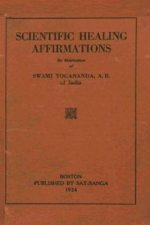
Scientific Healing Affirmations
8.88 € -
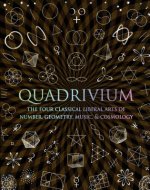
Quadrivium
21.47 € -20 % -
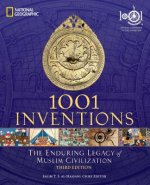
1001 Inventions
27.22 € -6 % -

To Explain the World
11.49 € -19 % -
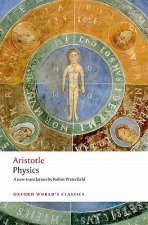
Physics
10.98 € -23 % -
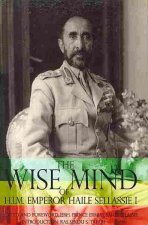
Wise Mind of Emperor Haile Sellassie I
11.69 € -17 % -
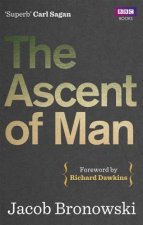
Ascent Of Man
16.33 € -23 % -
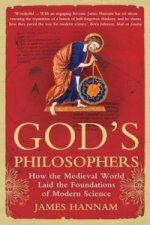
God's Philosophers
10.98 € -13 % -
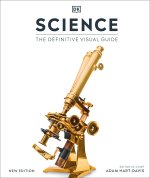
Science
36 € -16 % -
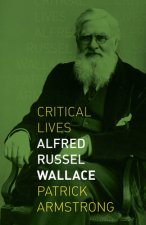
Alfred Russel Wallace
23.09 € -

Global Climates
66.45 € -10 % -
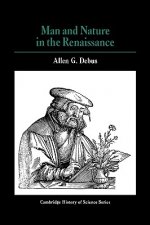
Man and Nature in the Renaissance
21.07 € -
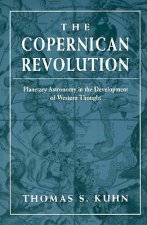
Copernican Revolution
40.53 € -

Poison
25.51 € -16 % -
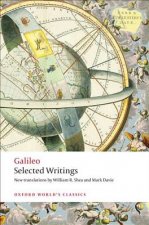
Selected Writings
12.09 € -23 % -
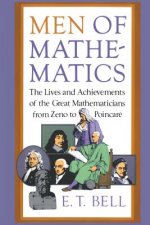
Men of Mathematics
18.75 € -18 % -
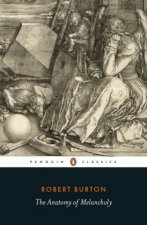
Anatomy of Melancholy
27.02 € -23 % -

de Re Metallica
29.94 € -
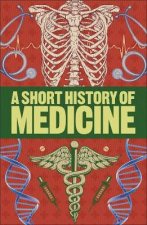
Short History of Medicine
15.02 € -

On Growth and Form
19.76 € -5 % -

Atomic Awakening
26.11 € -

Phenomenon of Man
14.82 € -22 % -
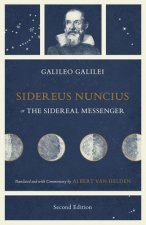
Sidereus Nuncius, or The Sidereal Messenger
26.11 € -
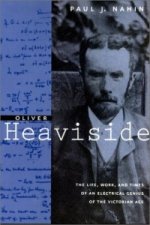
Oliver Heaviside
47.29 € -4 % -
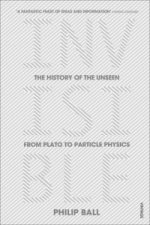
Invisible
15.62 € -
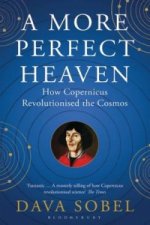
More Perfect Heaven
12.09 € -23 % -
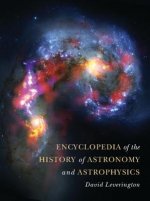
Encyclopedia of the History of Astronomy and Astrophysics
83.40 € -
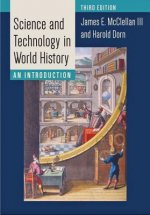
Science and Technology in World History
84.61 € -
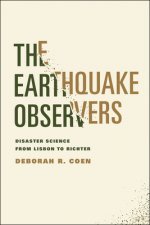
Earthquake Observers
41.44 € -
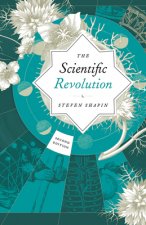
Scientific Revolution
22.68 € -

Calendar
13.10 € -23 % -

Quantum
14.21 € -15 % -
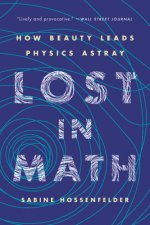
Lost in Math
14.82 € -22 % -

Disappearing Spoon...and other true tales from the Periodic Table
13.81 € -12 % -

Orgone Accumulator Handbook
29.54 € -

Leonardo da Vinci's Codex Leicester: A New Edition
33.58 € -2 % -
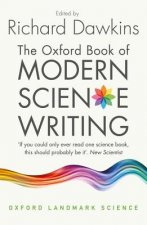
Oxford Book of Modern Science Writing
17.74 € -15 % -

Isaac Newton
12.09 € -23 % -
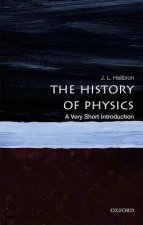
History of Physics: A Very Short Introduction
9.97 € -23 % -

What the F
17.64 € -8 % -
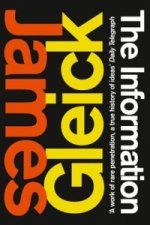
Information
16.33 € -23 % -
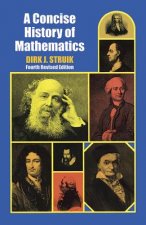
Concise History of Mathematics
15.82 € -23 % -
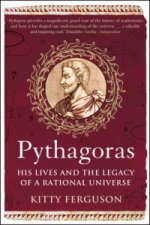
Pythagoras
14.82 € -13 % -
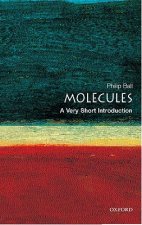
Molecules: A Very Short Introduction
9.97 € -23 % -
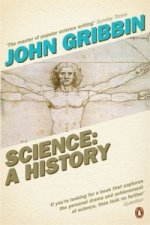
Science: A History
18.45 € -23 % -
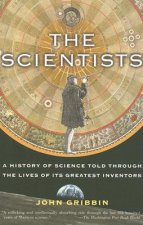
The Scientists
17.54 € -17 % -
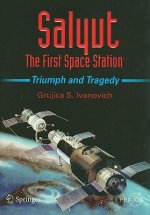
Salyut - The First Space Station
43.76 € -
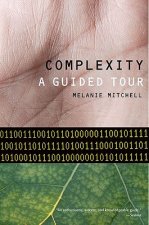
Complexity
36.90 €
Osobný odber Bratislava a 2642 dalších
Copyright ©2008-24 najlacnejsie-knihy.sk Všetky práva vyhradenéSúkromieCookies


 21 miliónov titulov
21 miliónov titulov Vrátenie do mesiaca
Vrátenie do mesiaca 02/210 210 99 (8-15.30h)
02/210 210 99 (8-15.30h)